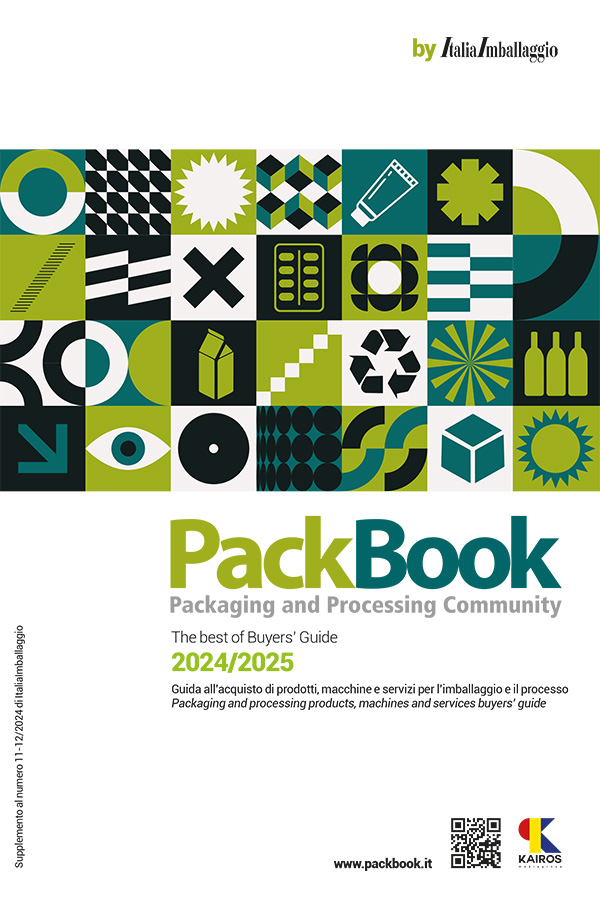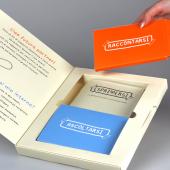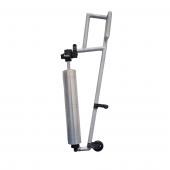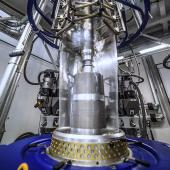Aliplast and Mirage: a virtuous partnership
The two companies have created a virtuous circular process for the recovery of plastic films used in ceramic manufacturing processes.
Aliplast, active in plastic recycling and production, is joining forces with Mirage, a leading player in the ceramics industry have created a plan to reduce the plastic waste according to a “closed loop” logic. The project involves subsequent stages of treatment and regeneration to obtain a quality product, with technical characteristics equal to that made from virgin material, ready to be re-introduced into the production cycle.
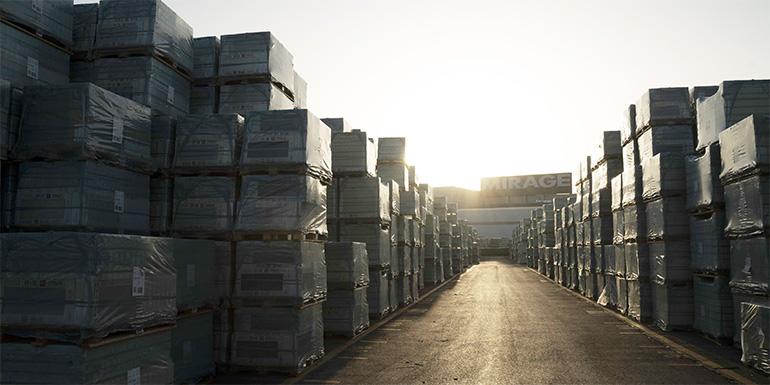
Closed Loop for the ceramics industry: how it works. The process that leads to the production of interior and exterior wall and floor coverings, goes through different steps, during which the tiles are packed several times with the use of plastic films, with a procedure that leads to the use and disposal of large quantities of these films.
The recovery project put in place by Aliplast involves, as a first step, a selection and volumetric reduction of this waste material; a phase that takes place directly on site, in the Mirage plants. Then, the material is sent to the Aliplast hub, where it is reconverted into granule and, subsequently, into new packaging film, ready to be fed back into Mirage’s production circuit.
The results of the partnership. Aliplast supplies more than 500 tons of shrink film to Mirage each year. This is a “Reload” type material, a trademark that identifies Aliplast products that have an extremely high percentage of recycled material, typically more than 80 percent. The use of this type of material results in an environmental benefit of about 1,200 tons of greenhouse gases prevented. In addition, by taking back waste materials from customers, Aliplast avoids their disposal in landfills and gives them a new life with a view to a fully circular economy, with further benefits to the environment.
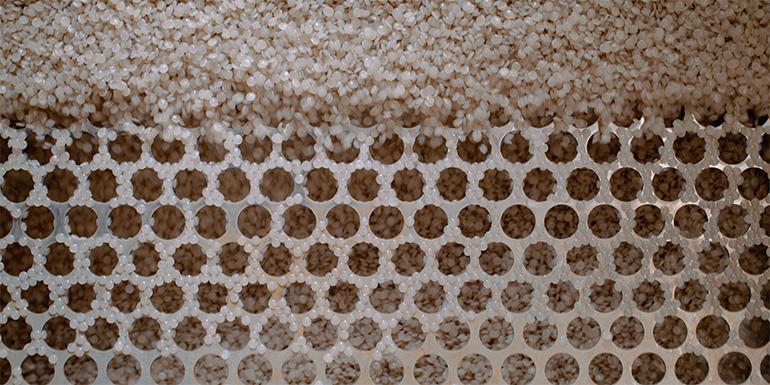
Measuring environmental impact. It is important to know precisely to what extent a product or process contributes to the reduction of environmental impact. Aliplast for several years has been monitoring its greenhouse gas emissions associated with its five types of products: PE granule, PE film, PET granule, PET sheet and PET flake. Specifically, Aliplast operates by following the LCA (Life Cycle Assesment) methodology, which assesses the environmental footprint of a product throughout its entire life cycle.
One of the data that is usually measured is CO2 equivalent, based on the IPCC 2013 GWP 100 methodology. The results of this analysis showed that annually, through the production of about 100,000 tons of recycled products, Aliplast avoids the emission of about 170,000 tons of CO2 equivalent (2022 data).
